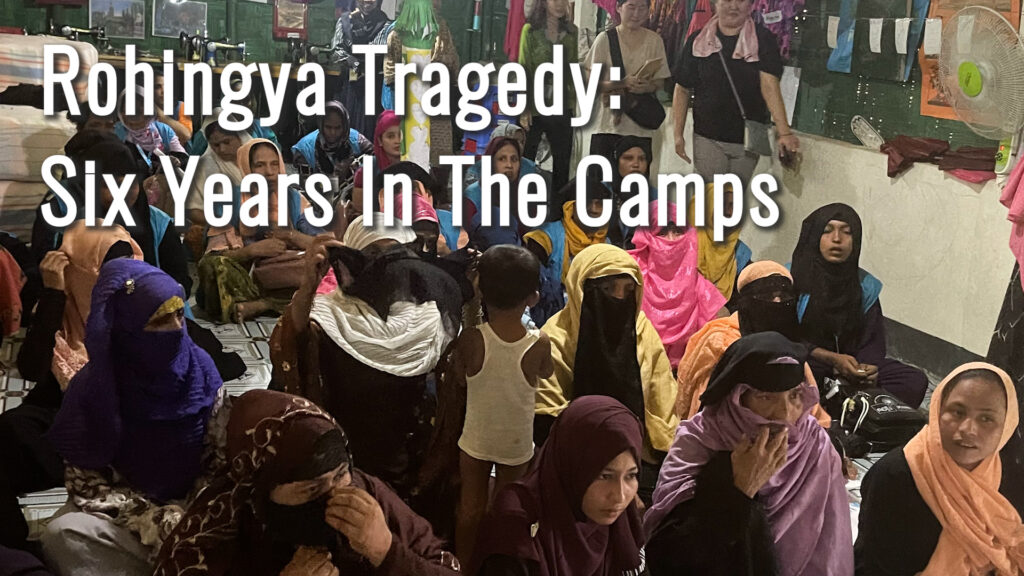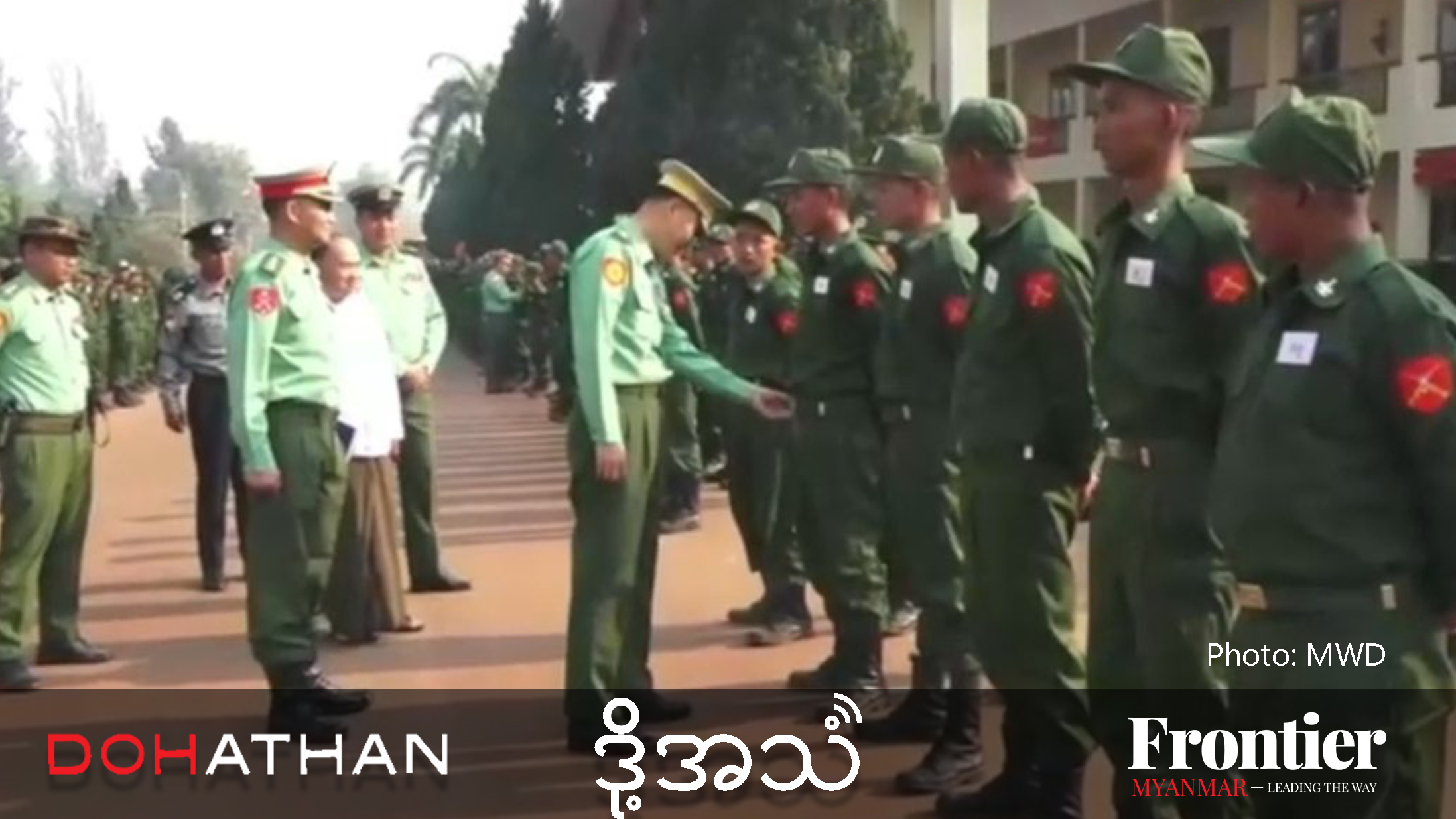On August 25, 2017, the Myanmar military began a campaign of brutal attacks on Rohingya people in northern Rakhine State, sending more than 700,000 fleeing across the Bangladesh border.
Six years on, most of those Rohingya people are still living in what has become the world’s biggest refugee camp. Some have fled in rickety boats for a better life abroad. But for those who remain, conditions have got worse, with the World Food Programme recently cutting the monthly food ration per person to just US$8.
To find out more about current conditions, Doh Athan spoke to Razia Sultana, an activist who set up the RW Welfare Society to help the refugees in Bangladesh.
Doh Athan is a weekly podcast about human rights issues in Myanmar. It is made by local journalists with media partners from across the country, through a partnership with Fondation Hirondelle and the support of our donors.
ENGLISH VERSION:
BURMESE VERSION:







